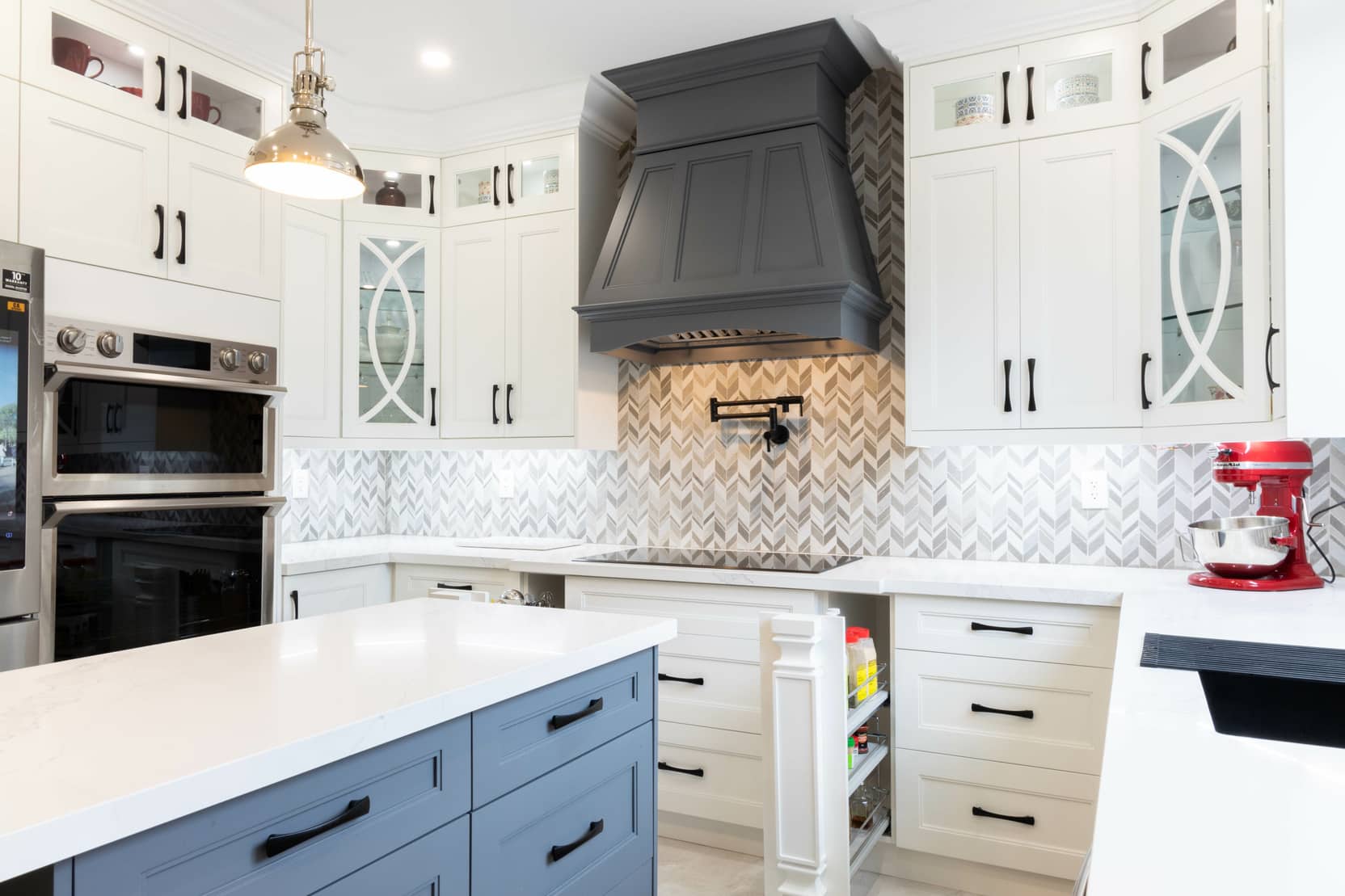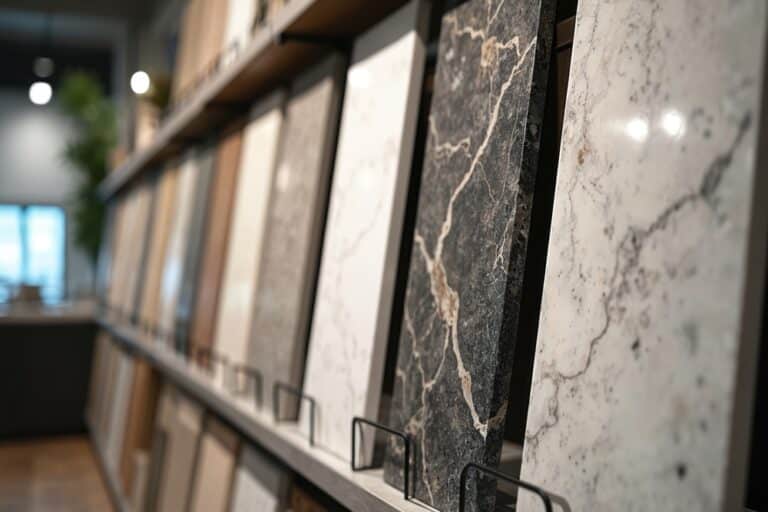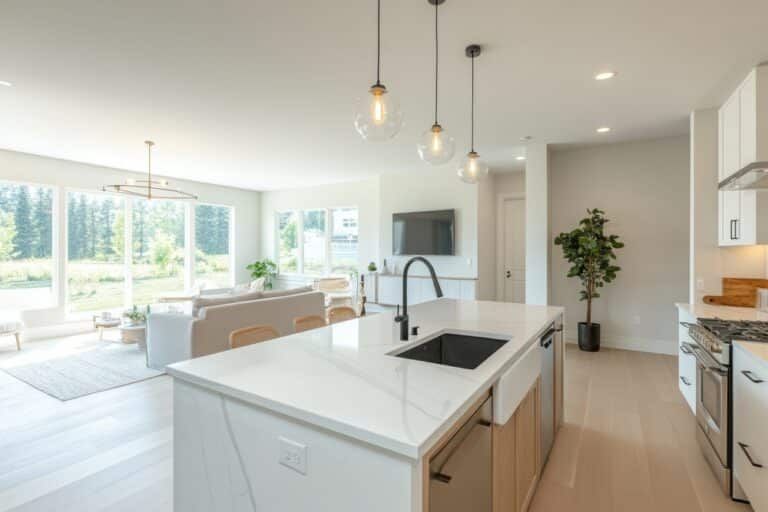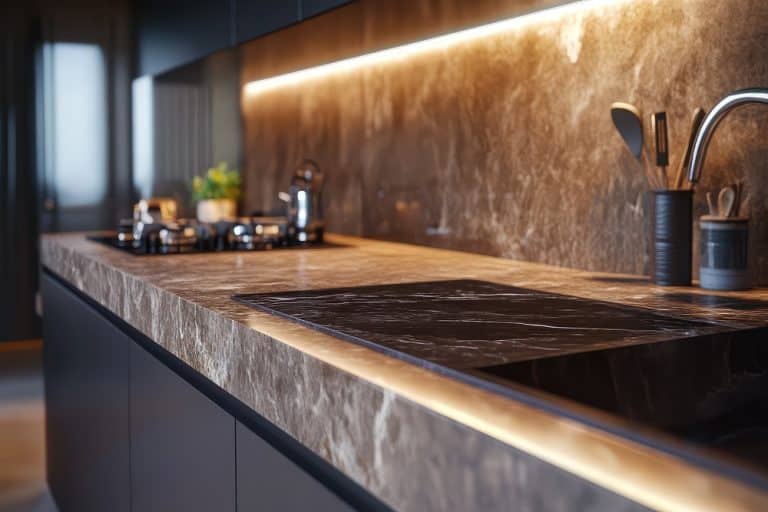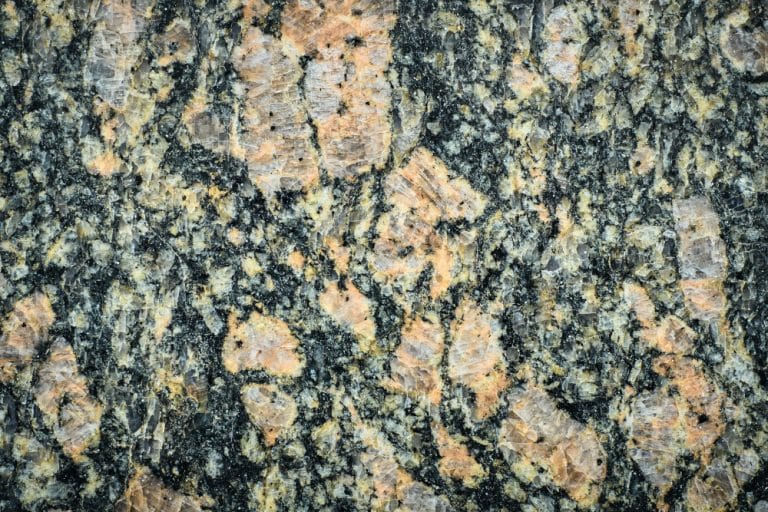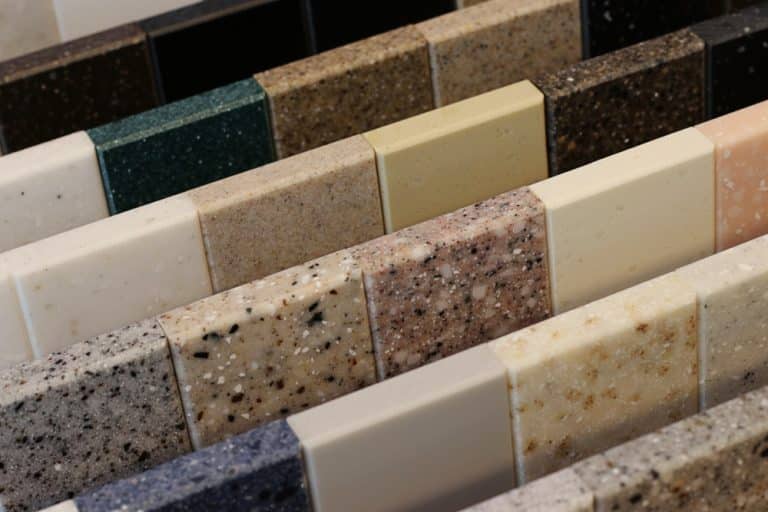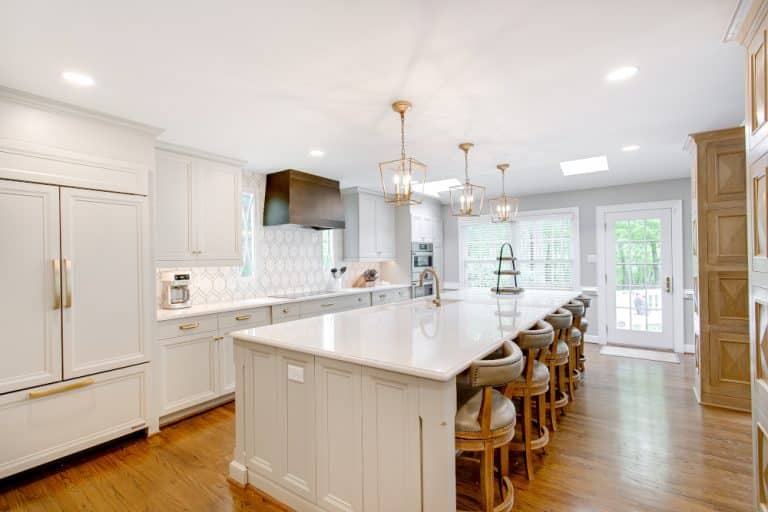Search online for the best countertop materials for busy kitchens and you will find no shortage of articles pointing you to quartz. Countertop dealers, installers, builders, and interior designers highly recommend quartz countertops. They seem specifically designed for busy families who frequently use their kitchens.
Natural stone products are good for busy kitchens too, but they require a bit more maintenance. Laminates are still a daily driver among homeowners on a budget, while soapstone and concrete have a limited audience. All of this leads to an inevitable question: what makes quartz so ideal for busy kitchens?
Not Really Stone
Quartz’s attractiveness as a countertop material is rooted in the fact that it is not really stone. Marble, granite, and quartzite are naturally occurring stones that are mined in large blocks before being cut into smaller slabs. As for quartz, it’s not even close.
Quartz for countertops is a manufactured product. It comprises about 90% of quartz minerals combined with resins and dyes. The resins hold everything together while the dyes give the slab its unique look.
Quartz needs to be a manufactured material because individual quartz grains do not bond together naturally. Given that most quartz is harvested from sand, just considering how well sand holds together illustrates the problem. The only way to use quartz as a countertop material is to combine it with some sort of bonding agent. That is exactly what manufacturers do.
A Nonporous Material
Do not let quartz being a manufactured material steer you away from quartz countertops. Although it is not a natural stone, quartz does have a lot of advantages that are ideal for busy kitchens. The first is the fact that it is a nonporous material.
Nonporous materials do not readily absorb spills. They do not easily stain or trap dirt. They more easily withstand sharp objects and heat. All the things that create big problems for marble and granite don’t tend to be an issue for quartz. And it is all because quartz is nonporous.
It Doesn’t Require Sealing
Another big advantage you get with quartz is that it does not have to be sealed. Marble, granite, and quartzite generally need to be sealed annually. Quartz never needs sealing. That means one weekend every year that you could dedicate to something else.
The one disadvantage you get with quartz is its susceptibility to direct sunlight. Direct sunlight does not affect the materials’ structural integrity or durability, but it can harm a countertop’s aesthetic. A simpler way to put it is to say that the colors in a quartz countertop can more easily fade when exposed daily to direct sunlight.
The implications could be major, especially if aesthetics are extremely important to you. Imagine that area of the counter that gets plenty of light thanks to a south-facing kitchen window. On either end, however, there is never any direct sunlight to deal with. Over many years, the two ends could look darker while the center of the counter looks lighter.
Traffic Equals Wear and Tear
Whether quartz is a good choice for your kitchen is up to you to decide. But think about traffic. More traffic equals more wear and tear on your kitchen.
So if you cook every meal in the kitchen while also using the countertops as a one-stop destination for everything in your home that doesn’t have another place, you need something durable and tough. Quartz might be your best option. Otherwise, consider a natural stone material offering moderate durability and exceptional beauty. It is hard to go wrong with stone.

